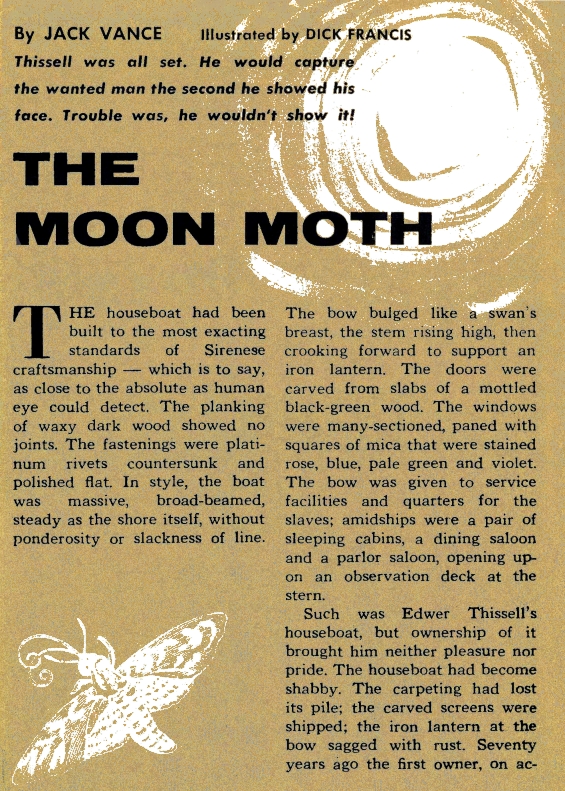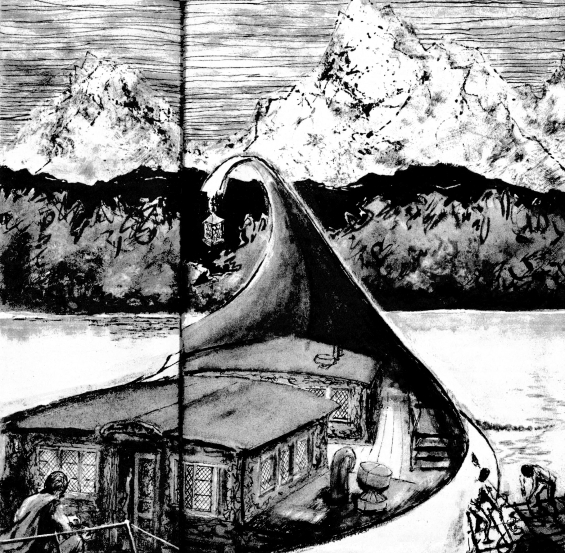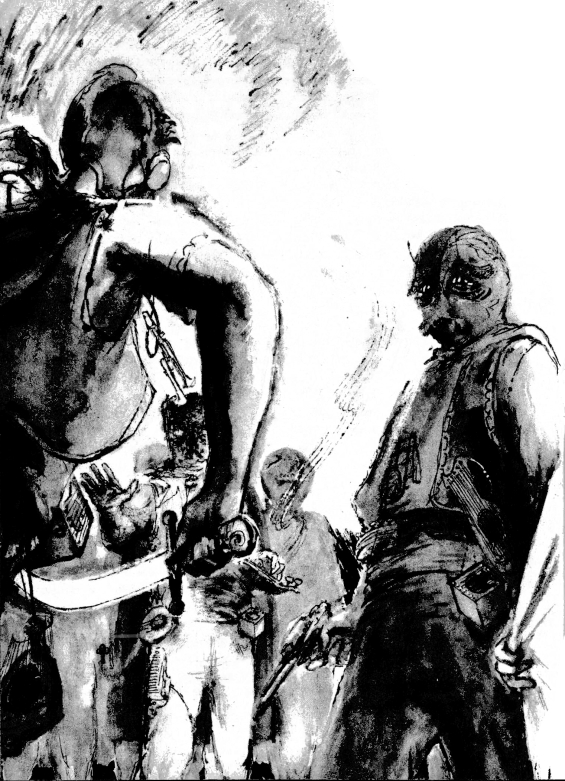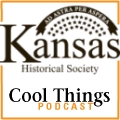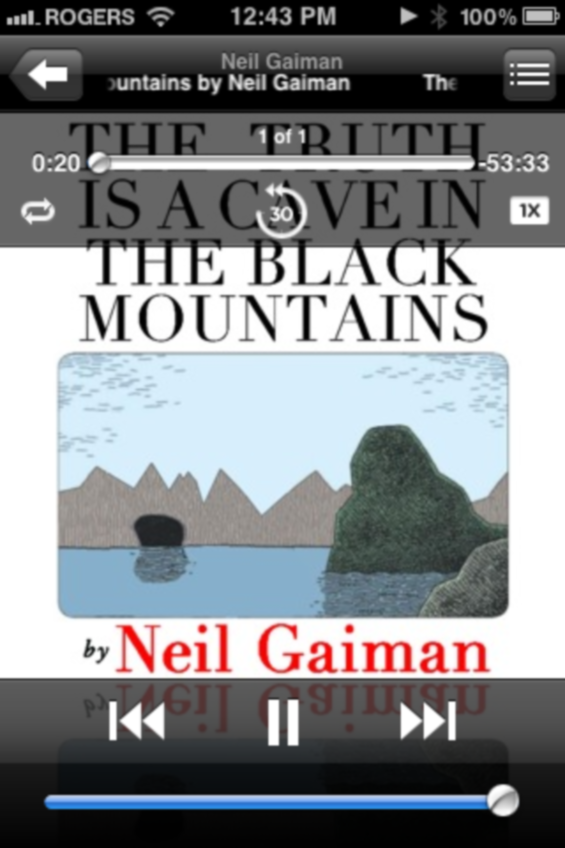
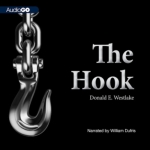 The Hook
The Hook
By Donald E. Westlake; Read by William Dufris
MP3 Download – Approx. 7 Hours 17 Minutes [UNABRIDGED]
Publisher: AudioGo
Published: 2012
ISBN: 9781609988654
Themes: / Crime / Murder / New York /
Bryce Proctorr has a multimillion-dollar contract for his next novel, a trophy wife raking him over the coals of a protracted divorce, a bad case of writer’s block, and an impending deadline. Wayne Prentice is a fading author in a world that no longer values his work. He’s gone through two pseudonyms, watched his book sales shrivel, and is contemplating leaving the writing life. Proctorr has a proposition: If Prentice will hand over his unsold manuscript to publish under Proctorr’s name, the two will split the book advance fifty-fifty. There’s just one small rider to the deal…
I’m a literal babe in the woods when it comes to mystery/suspense. The Hook by Donald Westlake would be … the first book I’ve ever read in the genre. No, really. So if you’re interested in an evaluation of The Hook’s place among the all-time great works of crime fiction, or of learned comparisons to other like authors and works, you’ve come to the wrong place. But if you’re interested in reading the opinion of a purely neutral observer—a Fantasy/SF fan’s clear-eyed observations of a completely alien genre—read on.
I liked The Hook. It was a lot of fun. It’s obviously the product of a man with a lot of writing experience under his belt. This certainly describes Westlake (1933-2008), a legend in the genre more than a hundred novels and non-fiction books to his credit. The prose is effortless and engaging, the dialogue convincing. It’s mainly suspense, not action, though the violence is unexpected and shocking, and well-portrayed.
Bryce Proctorr is a bestselling mystery/suspense author in the midst of an ugly divorce with a terrible case of writer’s block. With his bills mounting, alimony looming, and a million-plus dollar advance hung up on a book he cannot produce, Bryce asks a former friend, Wayne Prentiss, a struggling mid-list author, to give him his manuscript in exchange for half the advance. The only caveat: Wayne has to kill Bryce’s wife first. Yikes.
The ending is not predictable, save as one possible outcome among many. Westlake keeps you guessing: Have Wayne and Bryce sufficiently covered up their tracks? Will the persistent New York detective Johnson solve the crime? Will Wayne decide that Bryce is too unbalanced and kill him to save his own skin? Will Bryce go off the deep end, cracking under the strain of covering up an awful deed and the mounting pressures in his life? These questions keep you reading on to a chilling end.
In addition to its intrigues The Hook also contains an interesting insider’s look at the publishing business and the squeeze put on midlist writers with the advent of the computer. Wayne’s lament: The bookstores took on 5,000 copies of his last book but only sold 3,100. So for his next work the computer recommends an order of only 3,500 copies. The result is thinner national distribution and lower sales: Wayne’s next book only moves 2,700 copies. So the computer calls for an order of 3,000. And so the downward spiral continues. His advances fall from $75,000 to $20,000. Wayne hits on a workaround: Writing under a pen name, he is able to get a good advance as a “first time” author with a good book. But when his pen name suffers the same fate, he takes up Bryce on his offer to collaborate as a behind-the-scenes ghostwriter. And so the events of The Hook unfold.
It’s hard to go into too much additional detail, lest spoilers ensue. But I will say I can definitely see the appeal of mystery/suspense, which lies in its unpredictability, the tension within and between the characters, and not knowing how or even whether a character’s bad deeds will go unpunished. Will I become a regular mystery reader? Probably not. Would I read something else by Westlake, should the chance arise? Certainly yes. The man can write.
William Dufris does a fine job narrating the tale; my only criticism is his voice portrayal of Bryce Proctorr, which seemed a little too reminiscent of J. Peterman of Seinfeld fame. Overall he has a fine voice for mystery.
Posted by Brian Murphy

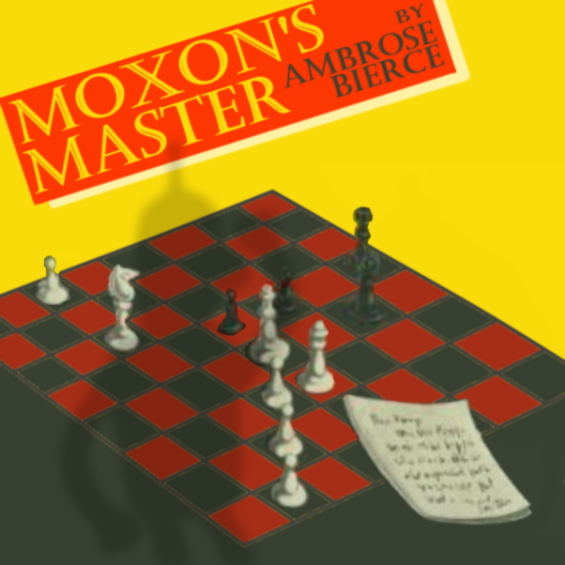
 Moxon’s Master
Moxon’s Master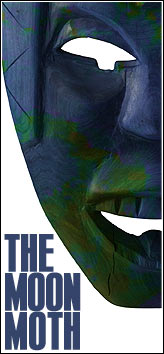
 Seeing Ear Theatre – The Moon Moth
Seeing Ear Theatre – The Moon Moth